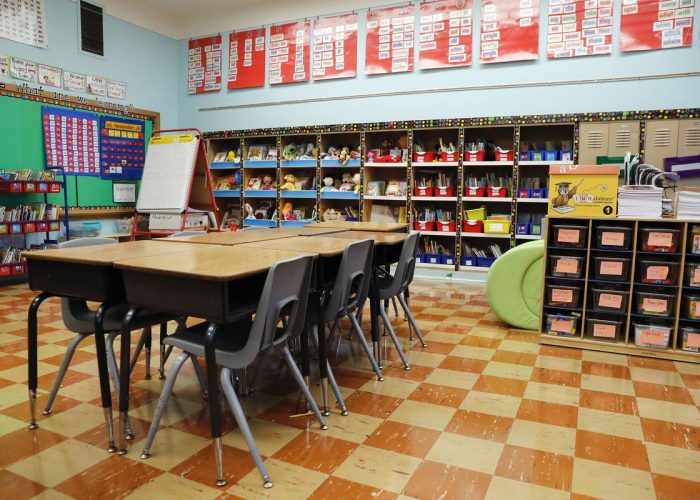The culture wars have come for the K-12 curriculum. Some of the nations most intellectually robust and culturally diverse English language arts curricula have been accused both of pandering to race and avoiding it.
Red-state legislatures and boards of education are banning critical race theory, which teaches how American policy and institutional racism intersect, leading to the disenfranchisement of Black and other marginalized communities. Some blue-state districts are all in with teaching critical race theory. Such disparity in teaching approaches is tantamount to political gerrymandering, and flies in the face of what we know about the long-term civic benefits to students of encountering multiple perspectives in the classroom.
Despite the polarization of the political world and its influence on curricula, early evidence from a study by the Johns Hopkins Institute for Education Policy shows that some courageous school systems and publishers already take this practice seriously, bringing contested viewpoints into the classroom in an age-appropriate but consistent way.
We designed the Social Studies Knowledge Map to address a gap in the field about the quality, coherence and viewpoint-diverse nature of different social studies materials. We conduct the analysis by mapping the domains of knowledge and topics that a curriculum opens up for students and those it omits, grade by grade, and by assessing the quality of each resource on its own terms and in relationship to other unit texts. We also ask whether a given unit includes more than one perspective, and whether the teacher-facing materials encourage deliberation and disagreement. This is a one-of-a-kind instrument.
In the past year, our team of teacher experts evaluated 11 sets of social studies materials, five of which were released last month. There are some categorical disappointments and some bright spots.
None of the curricula we evaluated, for instance, contains much knowledge-building about philosophy and religion or African, Asian and South American history. In addition, several fail to bring primary sources into the elementary grades at all.
But at least half of all the evaluated units include multiple perspectives, and many units encourage teachers to help kids discuss and debate. Most of the materials reflect a striking commitment to local and (where appropriate) state history. Within the 11 sets of materials we reviewed, some are especially meritorious: They include a strong balance of primary and secondary sources, topical coverage, multiple perspectives and a nudge toward what political scientists call the open classroom climate, where students can discuss multiple opinions on controversial issues .
Our design reflects the belief that content-rich curricula and deliberative classrooms matter. We also assume that all materials should be of the highest quality and include culturally representative sources. Social studies teachers need support in this era of polarization and formal curriculum can undergird a school systems efforts to provide it.
Our data set will expand as we evaluate more materials from multiple school sectors and even more states. In the meantime, we are encouraged by examples in the field that are academically challenging, nonideological, nuanced, and intentionally multivocal.
Students who encounter multiple perspectives on a regular basis grow up to be more knowledgeable and engaged citizens than those consigned to monolithic accounts. Not surprisingly, young people who live in competitive districts are more politically engaged than their peers in partisan-gerrymandered safe seats, too.
Elections and curricula can be calibrated to please only one side of the ideological divide. Resisting this resisting political and instructional homogeneity would benefit the next generation of American citizens.
Ashley Rogers Berner is director of the Johns Hopkins Institute for Education Policy.read more
Op-ed: Leave the culture wars out of coursework. Don’t gerrymander curriculum.


